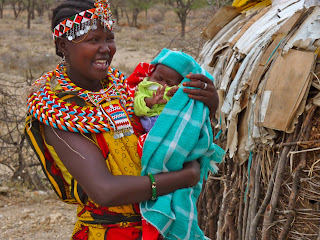If a woman sees a stick for beating her rival, she will throw it away in the woods.
(Ugandan Proverb)
How can women find peace when they have no food, little clothing, lack fresh water and access to medical treatments, have too many babies to enable them to have a restful sleep, and suffer through their husbands drink and violence? The above proverb reflects the sense of community support that seems to be throughout Uganda and acts as a way through which women survive upheaval.

The women pictured above I met on the grounds of Luzira Prison in Kampala Uganda. They are not felons, but Internally Displaced Women who were forced to flee their homes in the northern part of the country during the Kony insurgency in which over more than 20 years, 1 million people were displaced, children were recruited to be soldiers and over 100,000 people in the North were tortured and killed. These survived but left behind them orphans of their brothers and sisters, their homes, belongings and friends and landed in this place impoverished. They suffer tremendously and when asked about peace, they spoke of not finding it in their hearts as they did not have enough to feed, clothe of educate their children.
Throughout my time in Kenya and Uganda I met with over 500 women each time asking
How do you know when there is peace? This day, in Luzeria Prison Jennifer spoke on behladf of the women. She explained . . . "We can know there is peace when families are together, we are happy, children and together. You know where to sleep and your children are going to school. You are a woman needs to have something to do. The husband does not bring in much money. We cannot have enough the child works barefoot, clothes are not enough. We are just here with no place to go. We know there is problem when people sleep in the bush. We don't have peace. We the women find we have children, their parents have died, but we cannot help them. Kony's people took them in the bush and made them into soldiers. Our hearts are not content. The men feel the peace they can find is to drink. After they drink they start beating us women up. Because of worries we develop ulcers because there is no peace. There is nobody who can help us so we cannot find peace". They embody their experience of violence.

So these women, like so many others who I met, find peace is directly related to education, financial security and safety. It is found deep within their hearts and they search for ways in which to support one another and to ease their financial and domestic burdens. It seems to be through companionship, shared experience, and collaboration that they are trying to move away from their self image of woman as victim to woman as survivor: A transition that is taking time but is nevertheless a journey that is leading them towards healing their displaced community.










